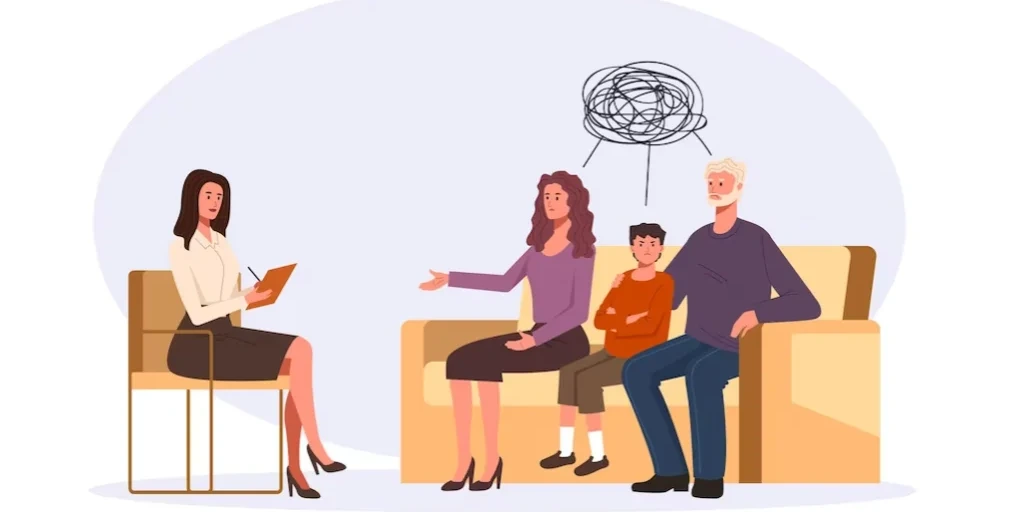24/7 Helpline:
(866) 899-111424/7 Helpline:
(866) 899-1114
Learn more about Depression Treatment centers in Baconton
Depression Treatment in Other Cities

Other Insurance Options

Kaiser Permanente

WellCare Health Plans

EmblemHealth

Carleon

Medical Mutual of Ohio

BHS | Behavioral Health Systems

Multiplan

Optima

Oxford

AllWell

Providence

Choice Care Network

Sliding scale payment assistance

UMR

MHNNet Behavioral Health

UnitedHealth Group

Holman Group

WellPoint

Optum

Evernorth


SBZ Services Unlimited
SBZ Services Unlimited is a private rehab located in Camilla, Georgia. SBZ Services Unlimited specia...
































